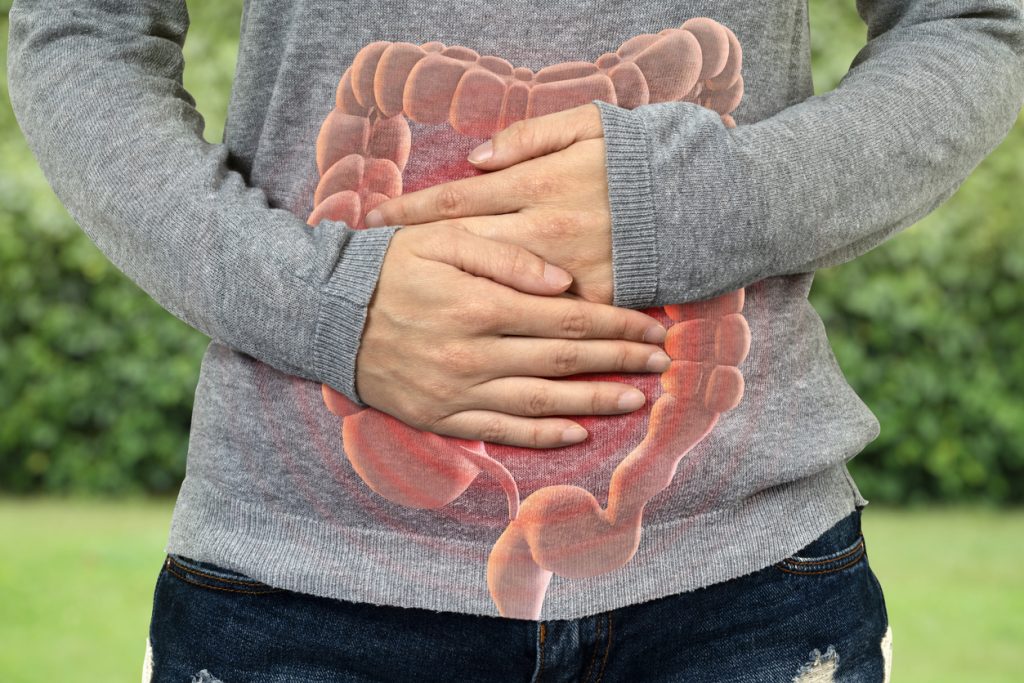Reading this article “Pancreatic Cancer and Diarrhea: 6 Facts You Need to Know” will help you discover how pancreatic cancer causes diarrhea, its symptoms, and effective treatments.
Pancreatic cancer is a formidable disease that presents many challenges, including severe digestive issues like diarrhea. Understanding the connection between pancreatic cancer and diarrhea, recognizing the symptoms, and knowing how to manage them can significantly improve the quality of life for patients.
This comprehensive guide delves into the intricate relationship between pancreatic cancer and digestive health, providing insights into the causes, symptoms, and treatments.
What are the Symptoms of Pancreatic Cancer?
Pancreatic cancer often goes undetected until it has reached an advanced stage because its early symptoms are subtle and can be easily mistaken for other less severe conditions. Common symptoms include:
- Abdominal Pain: Persistent pain in the upper abdomen that radiates to the back.
- Weight Loss: Unintentional weight loss without trying.
- Jaundice: Yellowing of the skin and eyes due to bile duct obstruction.
- Loss of Appetite: Reduced desire to eat and early satiety.
- Nausea and Vomiting: Feelings of nausea and episodes of vomiting.
- New-Onset Diabetes: Sudden development of diabetes in non-diabetic individuals.
- Fatigue: Persistent tiredness and weakness.
How Does Pancreatic Cancer Cause Diarrhea?
Diarrhea in pancreatic cancer patients is often a result of the cancer’s impact on the pancreas’ ability to produce enzymes necessary for digestion. This condition, known as Exocrine Pancreatic Insufficiency (EPI), leads to improper digestion and absorption of nutrients, causing frequent, loose, and watery stools.
What is Exocrine Pancreatic Insufficiency?
Exocrine Pancreatic Insufficiency is a condition where the pancreas fails to produce or secrete enough digestive enzymes, leading to malabsorption. In the context of pancreatic cancer, tumors can block the pancreatic ducts, preventing enzymes from reaching the intestines, which impairs the digestion of fats, proteins, and carbohydrates.
How Can Pancreatic Enzyme Deficiency Be Treated?
Treatment for pancreatic enzyme deficiency typically involves pancreatic enzyme replacement therapy (PERT). PERT involves taking enzyme supplements with meals to aid digestion and absorption of nutrients. These supplements mimic the action of natural enzymes and can significantly reduce symptoms of EPI, including diarrhea.
In addition to enzyme therapy, dietary adjustments can help manage symptoms. Patients are often advised to eat smaller, more frequent meals and to avoid high-fat foods that can exacerbate diarrhea.
Why Do Cancer Patients Experience Chronic Diarrhea?
Chronic diarrhea in cancer patients can stem from multiple factors:
- Cancer Treatments: Chemotherapy, radiation, and certain medications can irritate the gastrointestinal tract.
- Infections: Immunocompromised patients are more susceptible to infections that cause diarrhea.
- Malabsorption: As mentioned, EPI and other digestive issues can lead to poor nutrient absorption and diarrhea.
- Surgical Interventions: Surgeries involving the gastrointestinal tract can disrupt normal digestive processes.
What are Common Digestive Issues in Cancer Patients?
Besides diarrhea, cancer patients often face a range of digestive issues, including:
- Constipation: Caused by medications, reduced physical activity, or changes in diet.
- Nausea and Vomiting: Common side effects of chemotherapy and radiation.
- Bloating and Gas: Resulting from poor digestion or dietary changes.
- Appetite Loss: Leading to nutritional deficiencies and weight loss.
Managing Pancreatic Cancer Diarrhea
Effective management of pancreatic cancer diarrhea involves a combination of medical treatment, dietary modifications, and supportive care. Here are some strategies to consider:
- Pancreatic Enzyme Supplements: As mentioned earlier, PERT is crucial for managing EPI-related diarrhea.
- Hydration: Staying hydrated is vital, especially when experiencing frequent diarrhea. Electrolyte solutions can help maintain balance.
- Dietary Changes: Avoiding high-fat, spicy, and greasy foods can reduce diarrhea. Incorporating easily digestible foods like bananas, rice, applesauce, and toast (BRAT diet) can be beneficial.
- Medications: Anti-diarrheal medications may be prescribed to control symptoms. Probiotics can also support gut health.
- Regular Monitoring: Keeping a food diary to track triggers and discussing these with a healthcare provider can help tailor a management plan.
Understanding Pancreatic Enzyme Needs
The pancreas plays a critical role in digestion by producing enzymes that break down food. In pancreatic cancer patients, the impaired production of these enzymes can lead to severe digestive issues. Recognizing the signs of enzyme deficiency and understanding how to compensate for this through supplementation and dietary changes is essential for managing symptoms effectively.
Common Signs of Pancreatic Enzyme Deficiency:
- Steatorrhea: Fatty, oily stools that float and have a foul smell.
- Weight Loss: Despite maintaining a regular diet, unexplained weight loss occurs.
- Bloating and Gas: Persistent bloating and gas due to undigested food.
- Abdominal Pain: Discomfort and cramps after eating.
Pancreatic Cancer Symptoms Guide
Recognizing the symptoms of pancreatic cancer early can improve outcomes. While the symptoms listed earlier provide a general overview, it’s essential to understand that they can vary widely among patients. Regular screenings and consultations with healthcare providers are crucial, especially for individuals with risk factors such as a family history of pancreatic cancer, smoking, or chronic pancreatitis.
Tackling Exocrine Pancreatic Issues
Managing exocrine pancreatic issues involves a multi-faceted approach. Here are some additional tips:
- Nutritional Support: Working with a nutritionist can help tailor a diet plan that meets the patient’s specific needs.
- Vitamin Supplementation: Pancreatic enzyme deficiency can lead to deficiencies in fat-soluble vitamins (A, D, E, K). Supplementation may be necessary.
- Regular Exercise: Physical activity can help stimulate digestion and improve overall well-being.
Digestive Health in Cancer Patients
Maintaining digestive health is a critical component of cancer care. It’s important for patients to have open communication with their healthcare team about any digestive issues they are experiencing. Early intervention can prevent complications and improve the patient’s quality of life.
Conclusion to Pancreatic Cancer & Diarrhea
Understanding the relationship between pancreatic cancer and diarrhea is crucial for managing symptoms and improving the quality of life for patients. By recognizing the signs of exocrine pancreatic insufficiency, utilizing pancreatic enzyme replacement therapy, and making appropriate dietary changes, patients can better manage their digestive health. Regular consultations with healthcare providers and a proactive approach to symptom management are essential.





